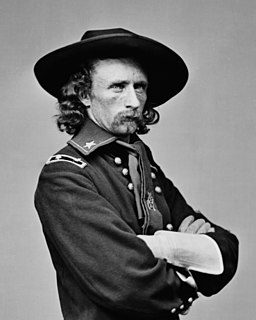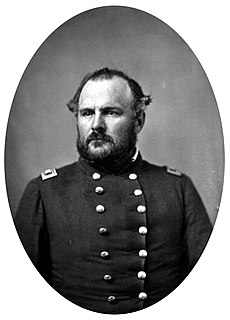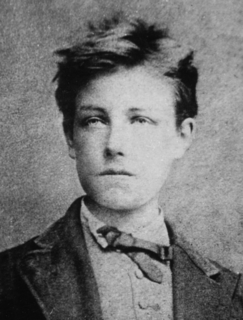A Quote by George Armstrong Custer
Related Quotes
We know from our recent history that English did not come to replace U.S. Indian languages merely because English sounded musical to Indians' ears. Instead, the replacement entailed English-speaking immigrants' killing most Indians by war, murder, and introduced diseases, and the surviving Indians' being pressured into adopting English, the new majority language.
Suddenly the land is haunted by all these dead Indians. There is this new fascination with the Southwest, with places like Santa Fe, New Mexico, where people come down from New York and Boston and dress up as Indians. When I go to Santa Fe, I find real Indians living there, but they are not involved in the earth worship that the American environmentalists are so taken by. Many of these Indians are interested, rather, in becoming Evangelical Christians.
...You have to pass an exam, and the jobs that you get are either to shine shoes, or to herd cows, or to tend pigs. Thank God, I don't want any of that! Damn it! And besides that they smack you for a reward; they call you an animal and it's not true, a little kid, etc.. Oh! Damn Damn Damn Damn Damn!
They [American Indians] never did straight-up fights. It wasn't about, you know, getting killed in the line of fire. It was all ambush, ambush, ambush, and you ambush somebody, and then you take the scalps, and you - even though scalping wasn't created by the American Indians. It was created by the white man against Indians, and they just took it and claimed it.
We need to give out portrayal of ourselves. Every non-Indian writer writes about 1860 to 1890 pretty much, and there is no non-Indian writer that can write movies about contemporary Indians. Only Indians can. Indians are usually romanticized. Non-Indians are totally irrepsonsible with the appropriation of Indians, because any time tou have an Indian in a movie, it's political. They're not used as people, they're used as points.
There may be something in the fact that when I was a little kid I'd been told growing up that we had some degree of native American blood in us, I always found that a point of pride. So, when it came to cowboys and Indians I most certainly did not want to be John Wayne. I wanted to be one of the Indians.
One of the prime backers of land bill was a Republican Congressman, a Paul Gosar. And when he was challenged by an Apache on this bill, he said, well, you know, Indians are wards of the federal government. This happened recently.That congressperson is obviously stuck in the 19th century when he thinks about Indians. How is that person going to legislate and treat Indians fairly and respect their rights when he has this sort of infantilized image of Indians as not being, you know, up to the same level of responsibility as everybody else?
The first humans to come to Canada were the Indians. There is some mystery as to where the Indians came from. Some experts say that they came from the same place as the Eskimo. This doesn't help much because nobody knows where the Eskimo came from either. (Except the Eskimo, and they aren't talking.)
A regular council was held with the Indians, who had come in on their ponies, and speeches were made on both sides through an interpreter, quite in the described mode,--the Indians, as usual, having the advantage in point of truth and earnestness, and therefore of eloquence. The most prominent chief was named Little Crow. They were quite dissatisfied with the white man's treatment of them, and probably have reason to be so.
All I try to do is portray Indians as we are, in creative ways. With imagination and poetry. I think a lot of Native American literature is stuck in one idea: sort of spiritual, environmentalist Indians. And I want to portray everyday lives. I think by doing that, by portraying the ordinary lives of Indians, perhaps people learn something new.




































